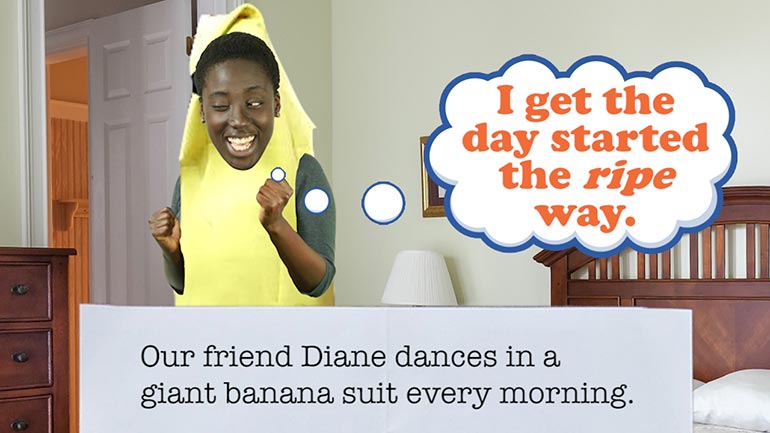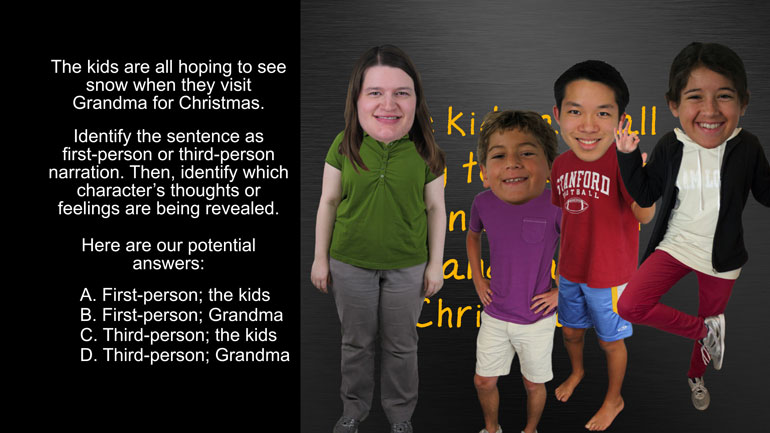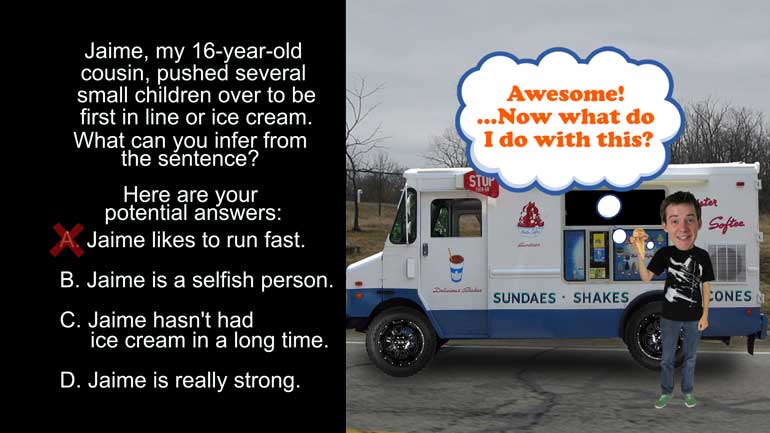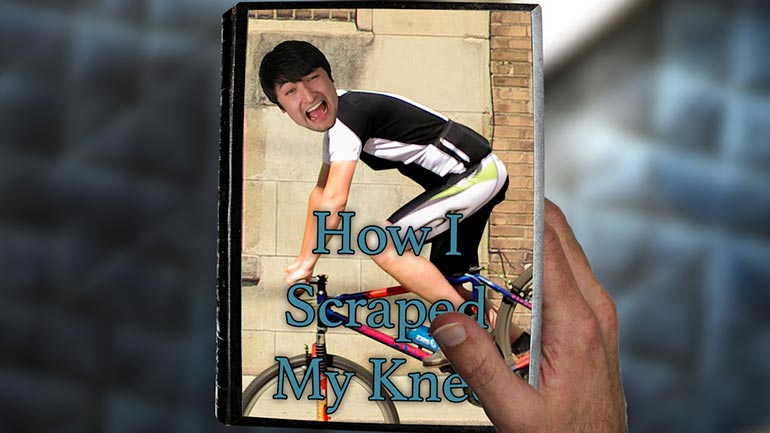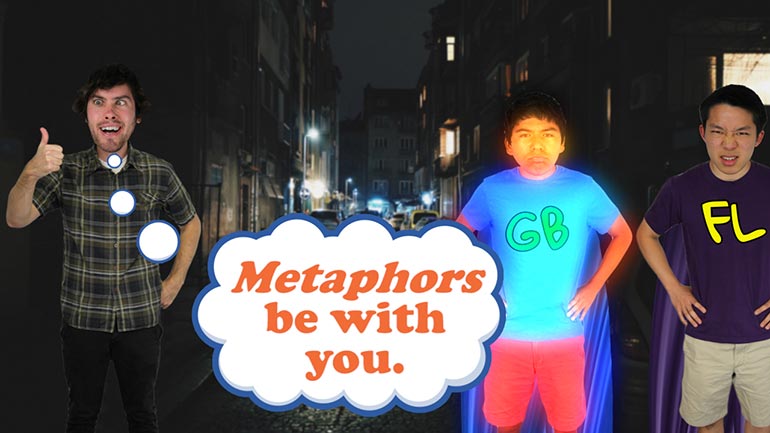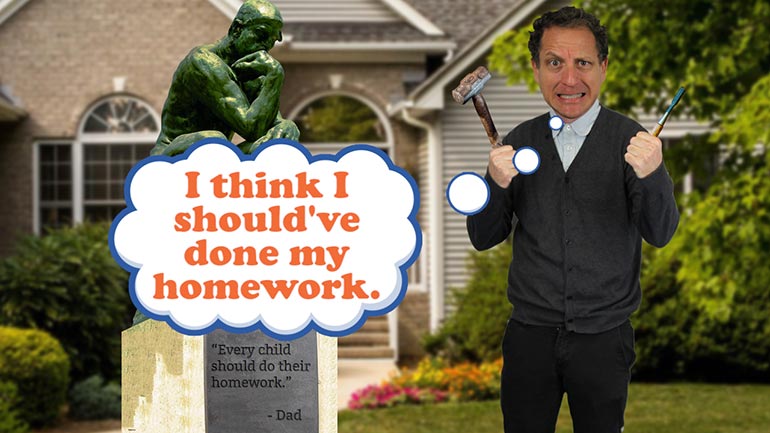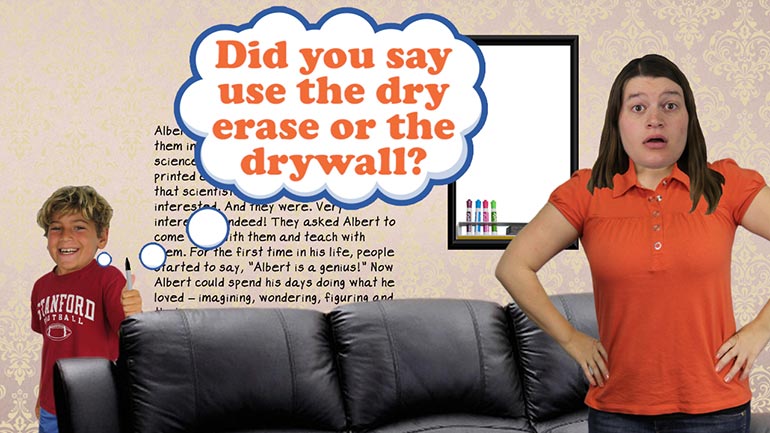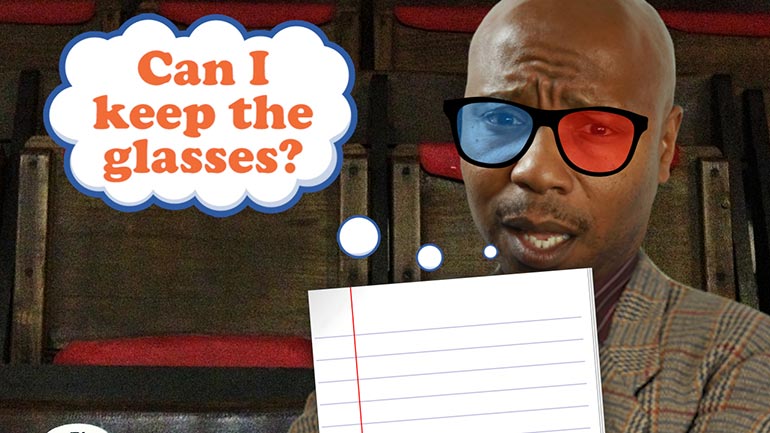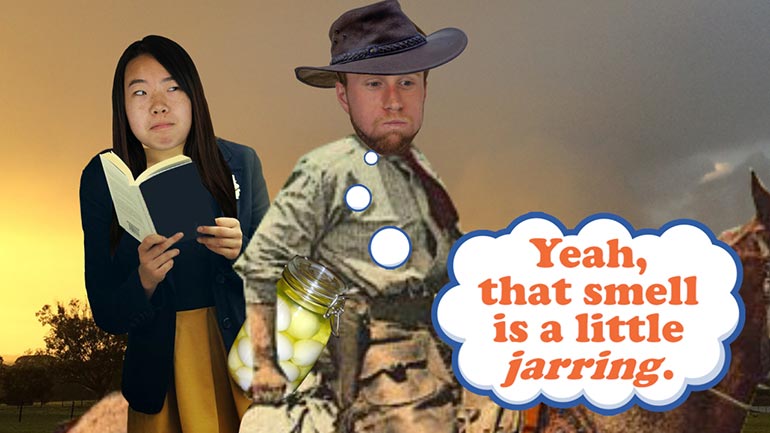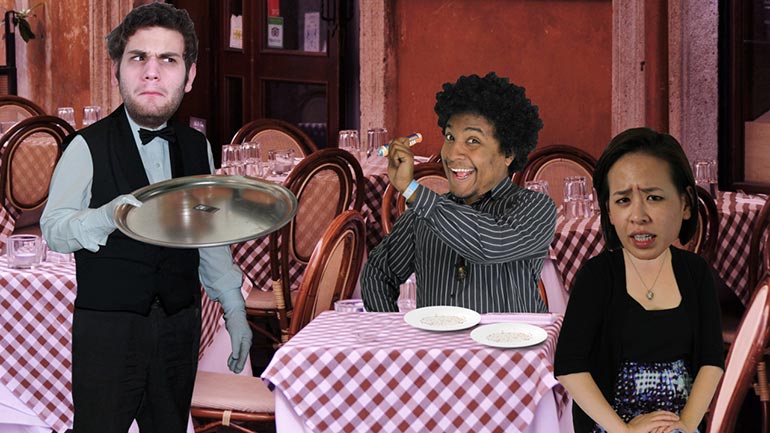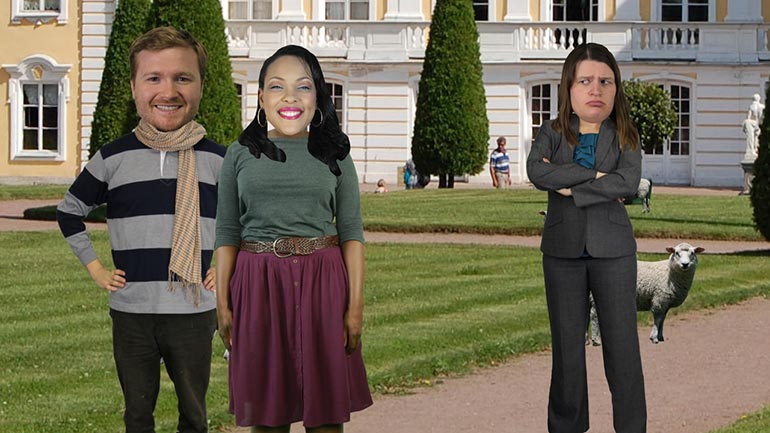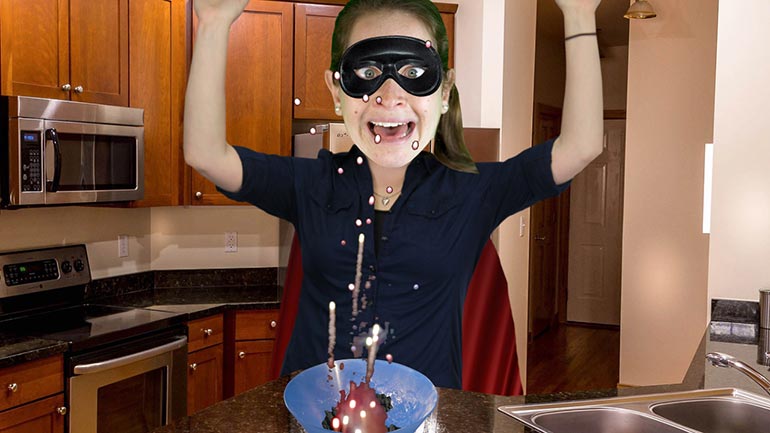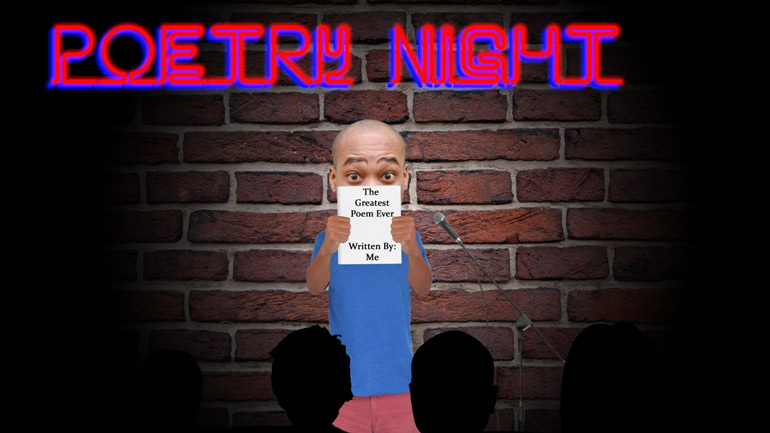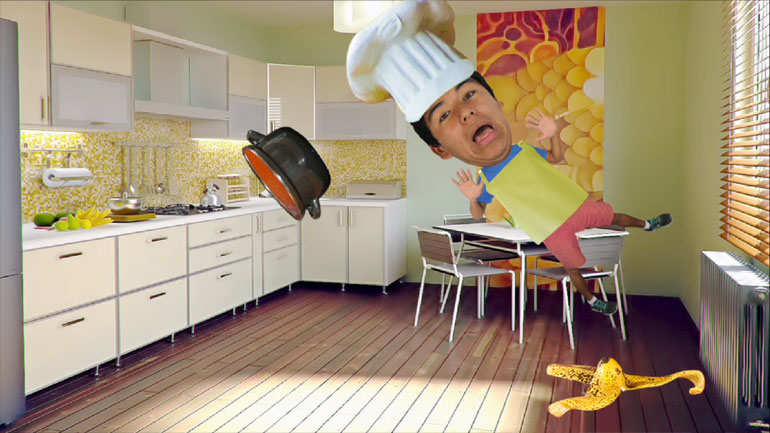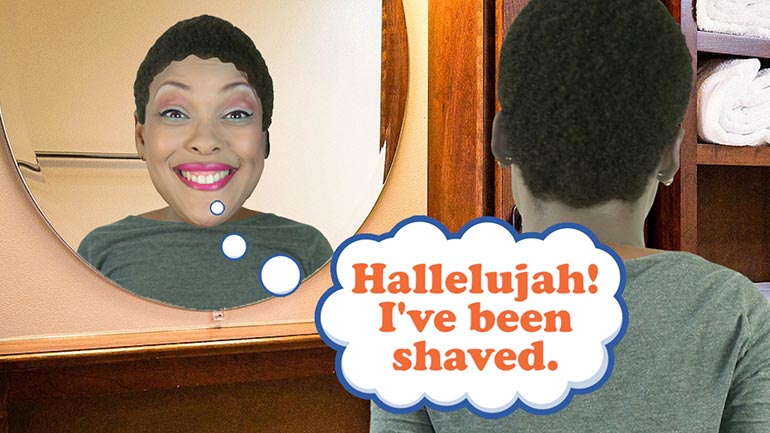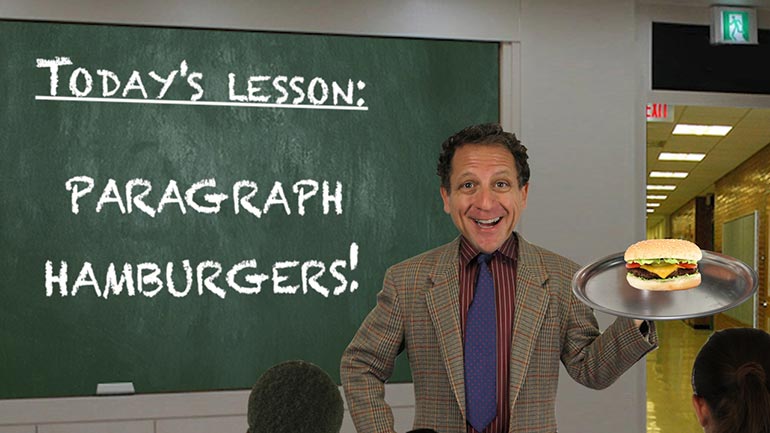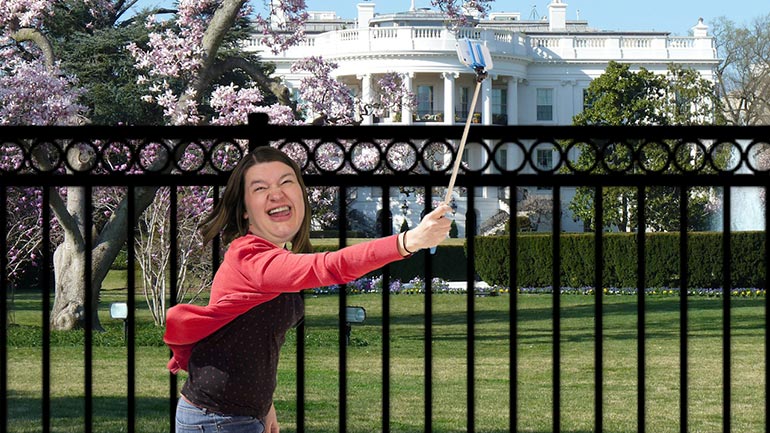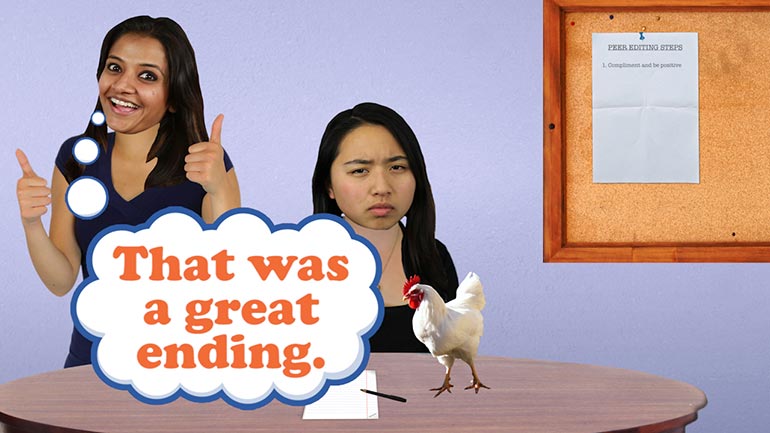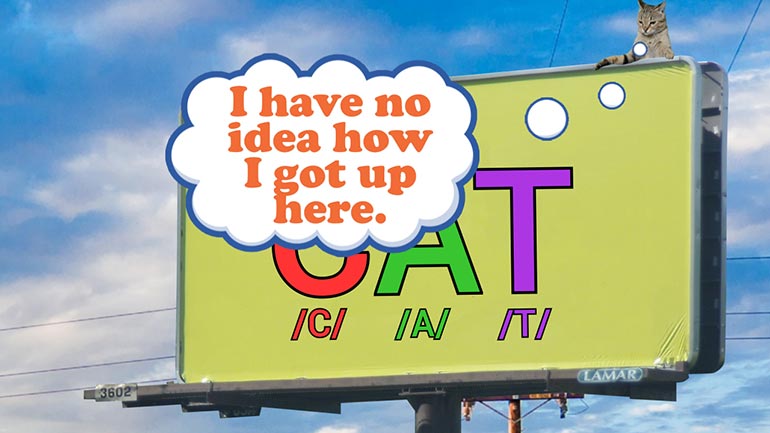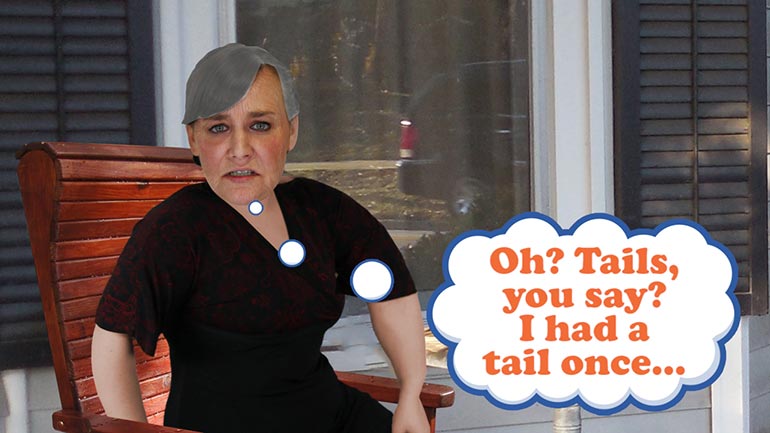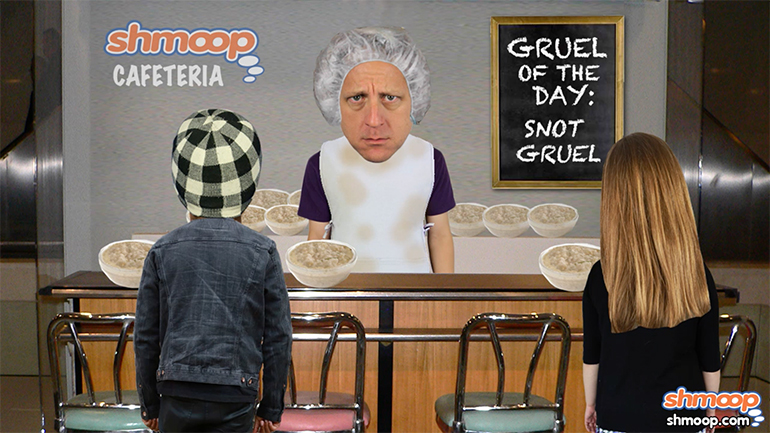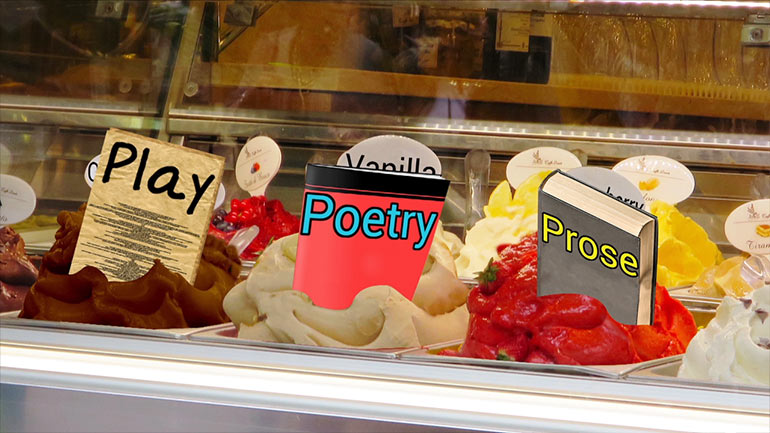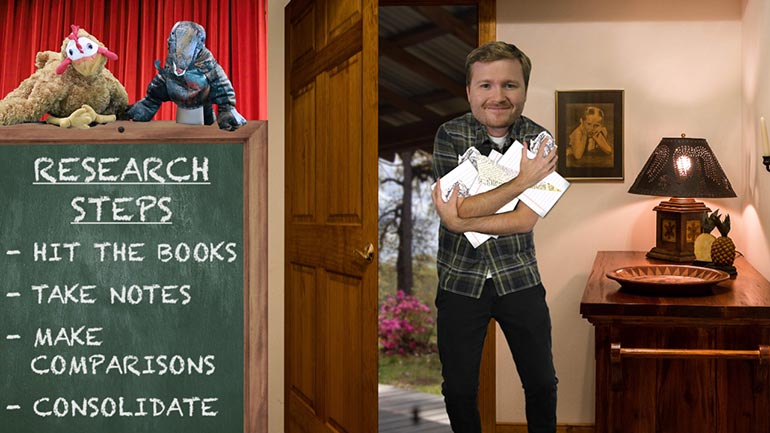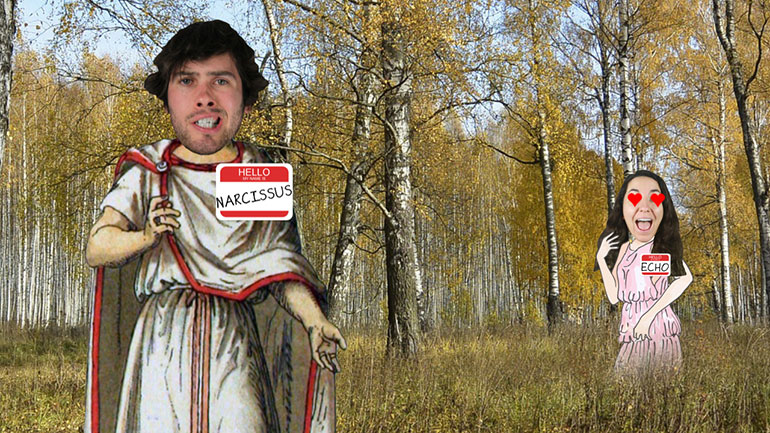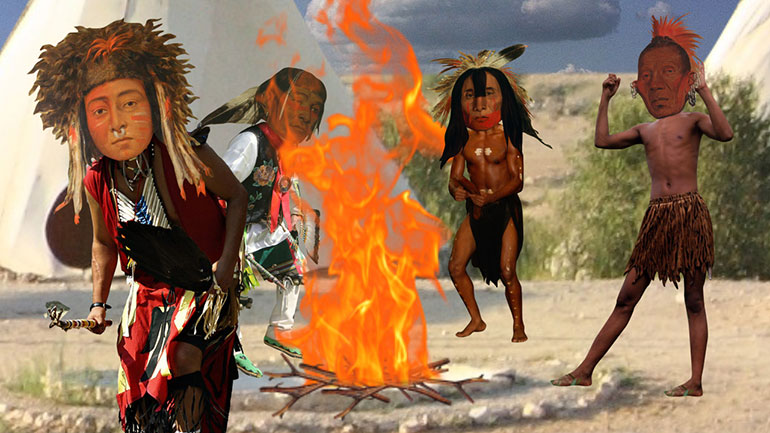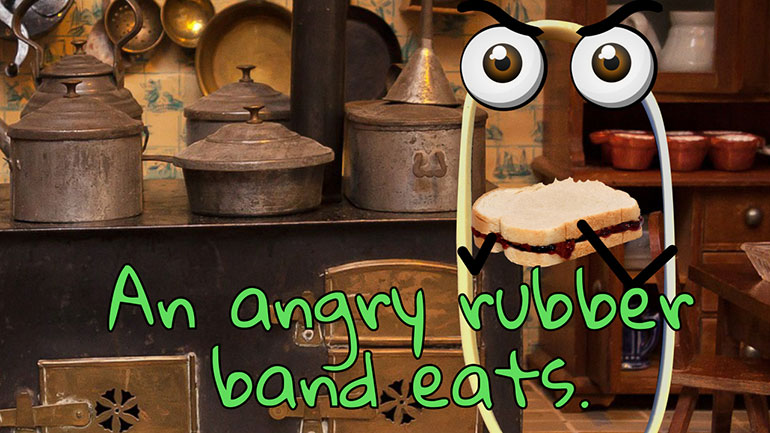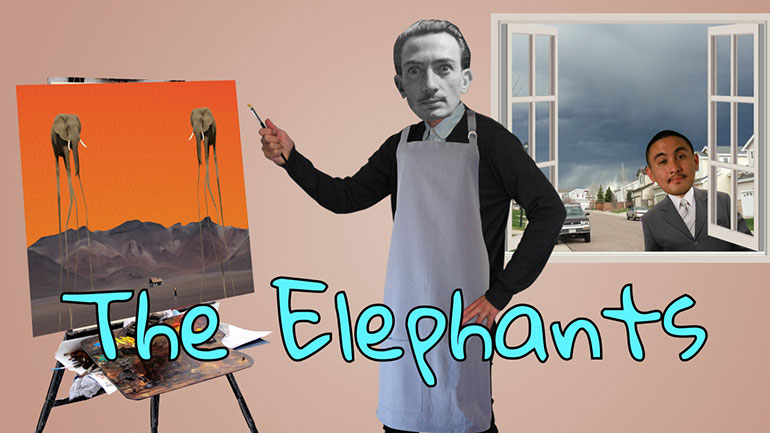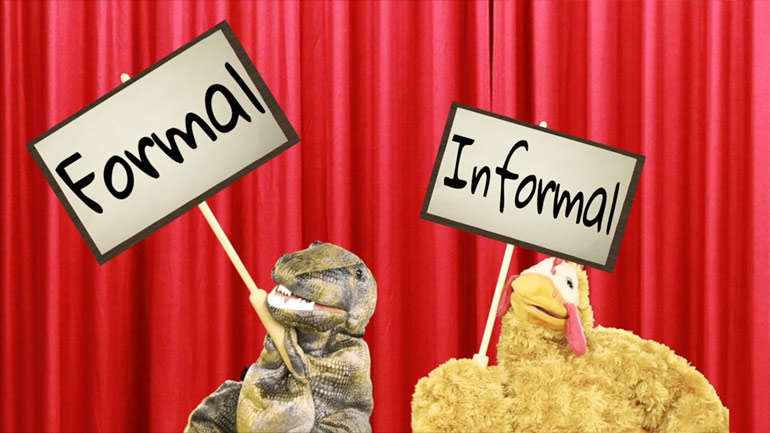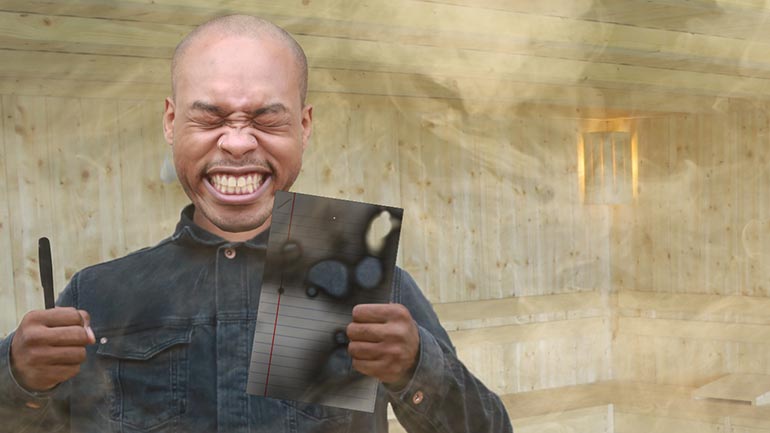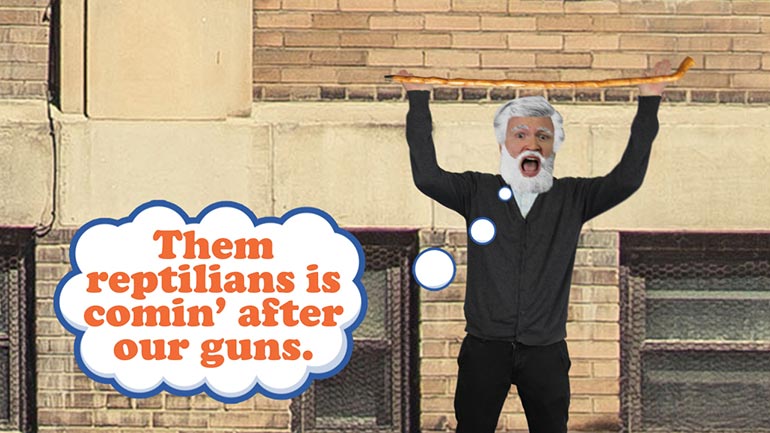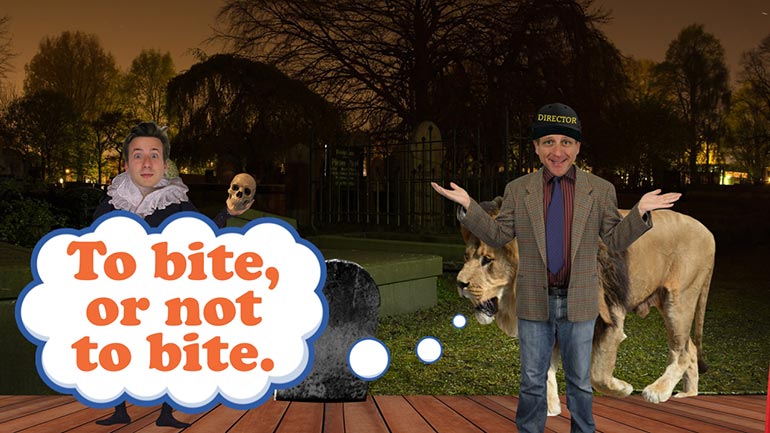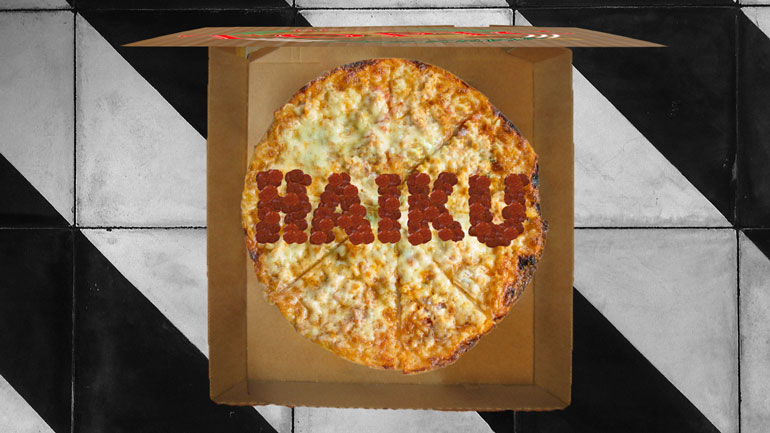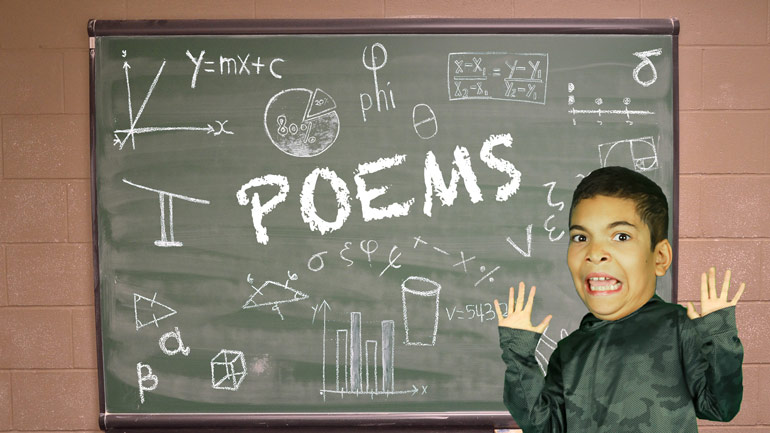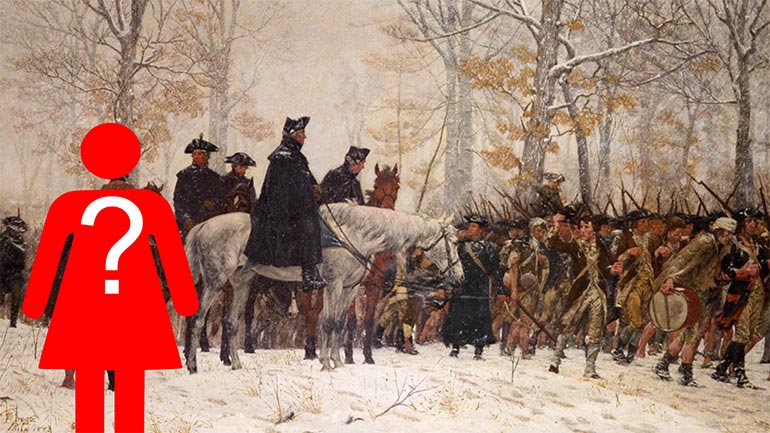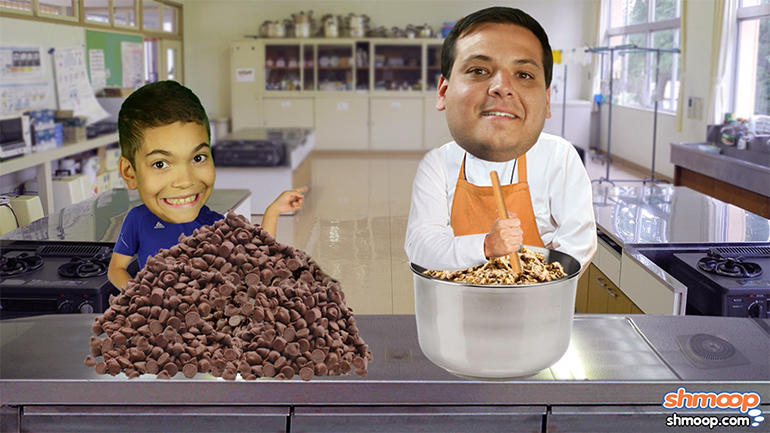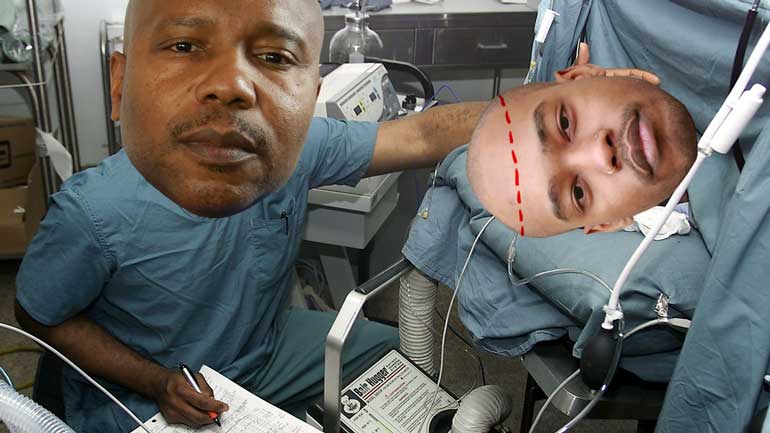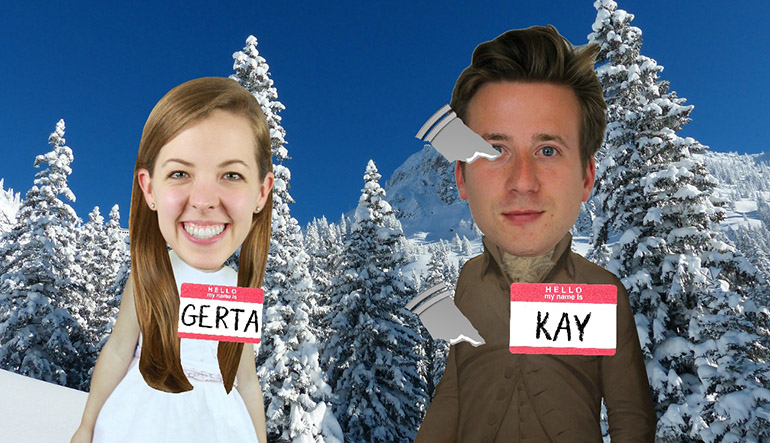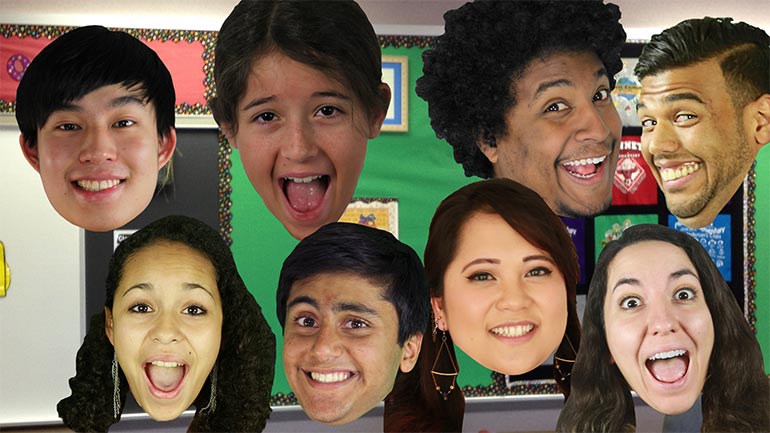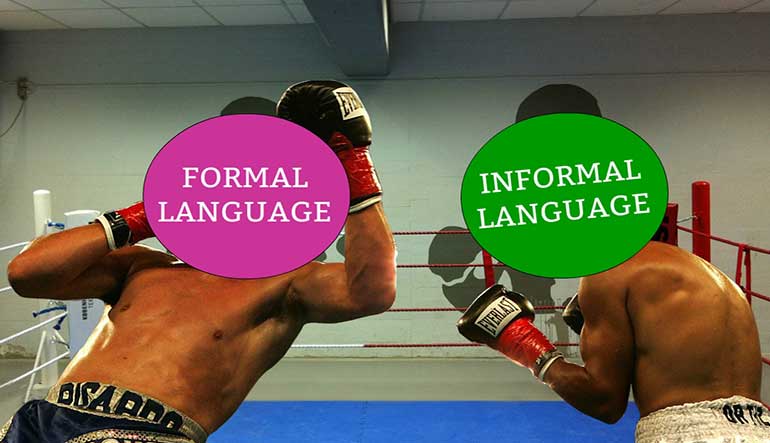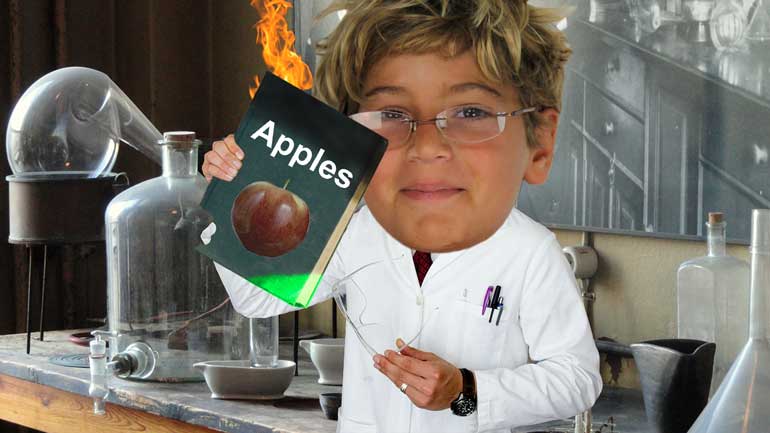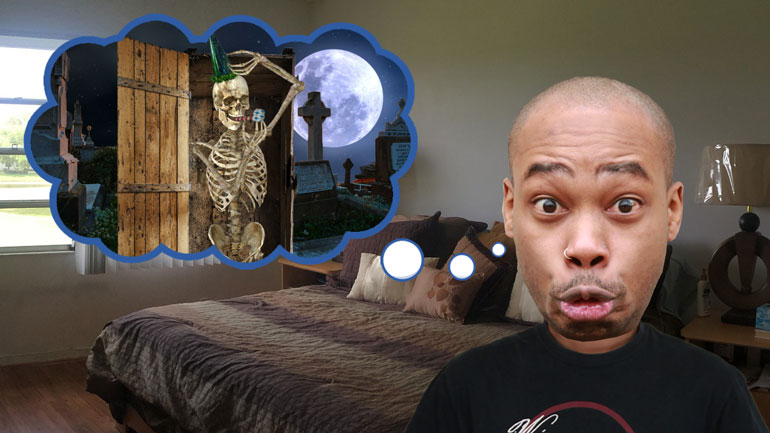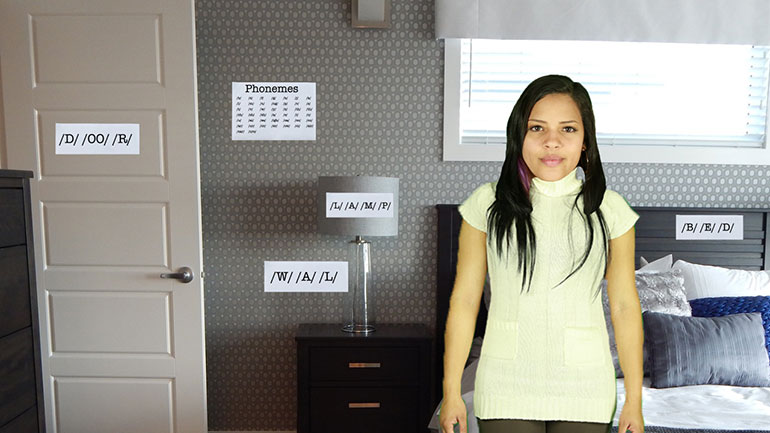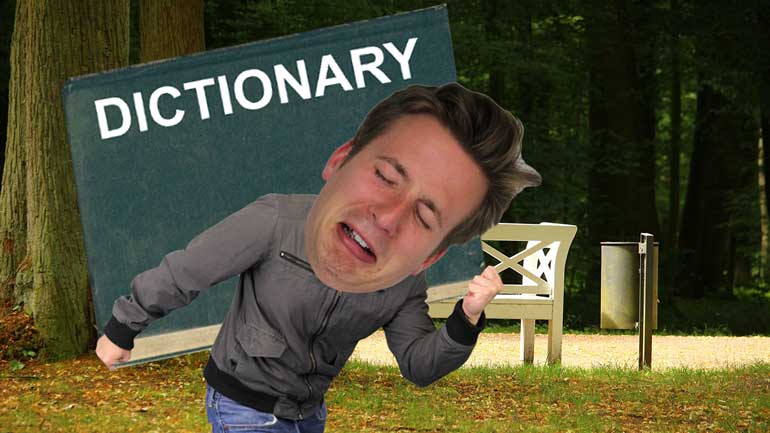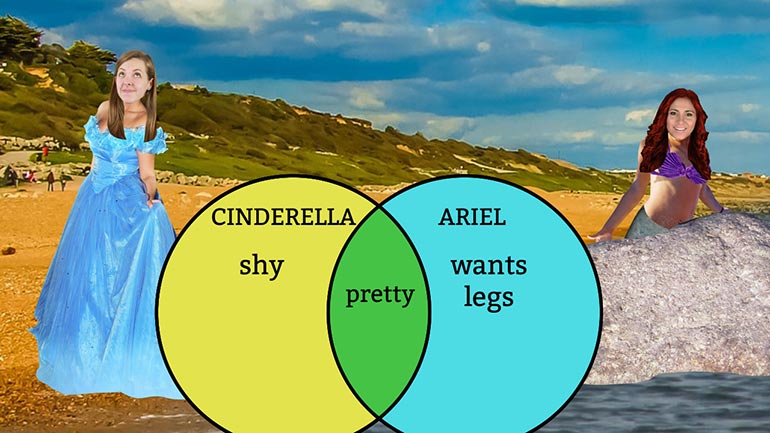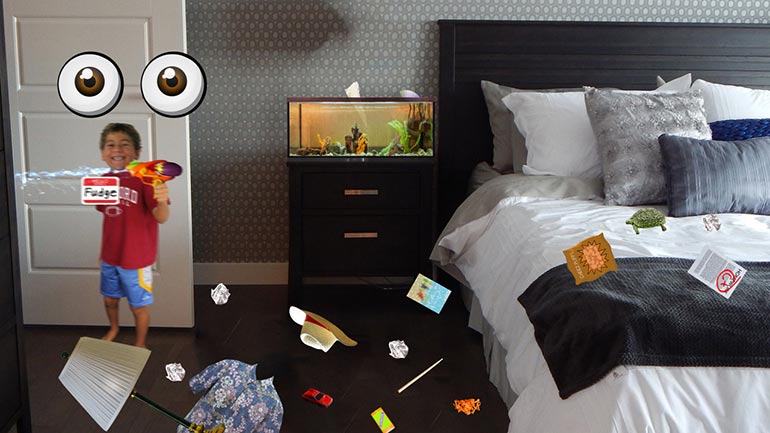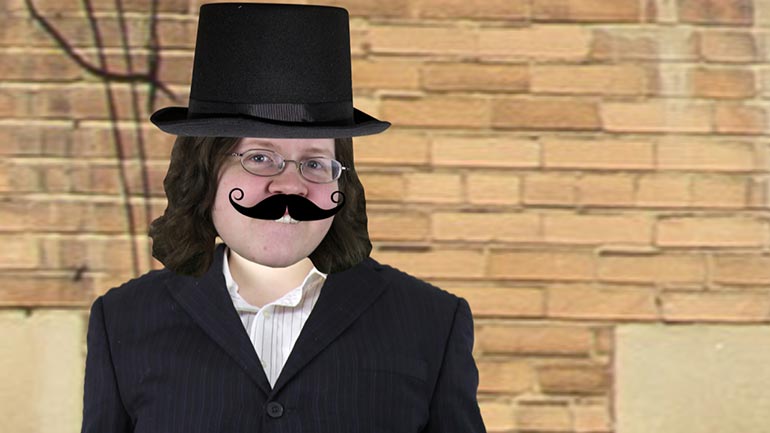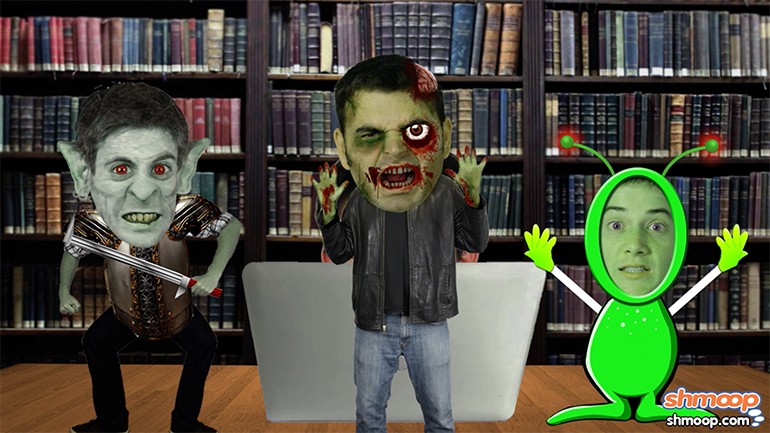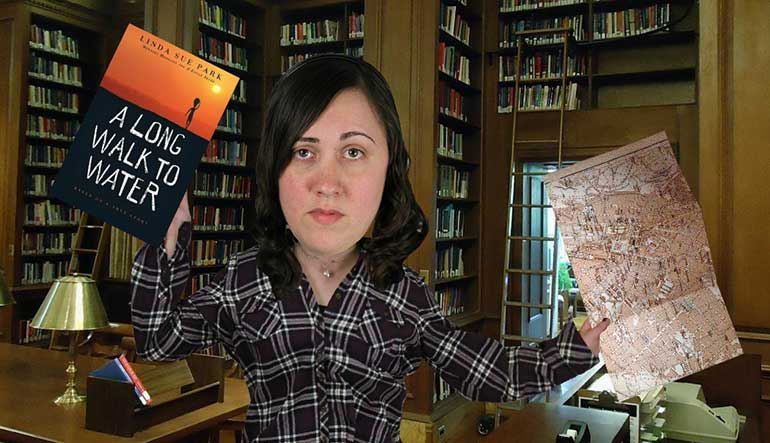ShmoopTube
Where Monty Python meets your 10th grade teacher.
Search Thousands of Shmoop Videos
Language Arts Videos 92 videos
In this lesson we'll subject you to some verbs and predicates. Each one is a necessary part of a complete breakfas—er...sentence.
Choosing words carefully is important. You may end up vexing the assemblage of citizens you're conversing with...or you might even just plain bore...
ELA 4: More Greek Roots 34 Views
Share It!
Description:
The Greek language gave us tons of great words for phobias. Acrophobia, arachnophobia, autophobia...unfortunately we here at Shmoop have phobiaphobia, so we'll be averting our gaze for this next lesson.
Transcript
- 00:04
[Coop and Dino singing]
- 00:13
Have you ever made up a word before just for fun?
- 00:16
Maybe you call your mom's delicious chocolate chip cookies “yummydoodles.” [Plate of chocolate chip cookies]
- 00:19
Or your grandma's not-so-delicious fruitcake “barfcake” - but hopefully not when grandma's
- 00:23
within earshot.
Full Transcript
- 00:24
Often, making up new words involves using and combining old words.
- 00:29
And that's actually how most words you use today were made, but using even older words. [Man riding a horse outside a castle]
- 00:33
Super old.
- 00:35
Like older than grandma's fruitcake recipe, which we're pretty sure dinosaurs passed down [Grandma's fruitcake and a dinosaur appears]
- 00:39
to her…
- 00:40
Tons of words we use today have Greek roots in them, often combining several Greek roots
- 00:45
to make a whole new word.
- 00:46
Let's look at a few now so that we can deconstruct the words and figure out where they came from. [Greek words book opens]
- 00:51
Take ACROPHOBIA to start.
- 00:52
Not the most common word in the world, that's for sure.
- 00:55
But what does it mean?
- 00:56
Well let's start with the most obvious part – PHOBIA.
- 00:59
Whenever we see the word PHOBIA, we can expect that the word is describing a FEAR of something. [Dog snarling]
- 01:04
And that's because PHOBIA is the Greek root for FEAR.
- 01:07
You know, like how you might suffer from fruitcakephobia.
- 01:10
And the first part, ACRO, means high.
- 01:13
How do we know that?
- 01:14
Well, let's think of another word that has ACRO in it.
- 01:16
Like acrobat. [An acrobat balancing on a tight rope on a unicycle]
- 01:18
Acrobats are often high up in the air.
- 01:20
So when we combine ACRO and PHOBIA, we can see that ACROPHOBIA means the fear of acrobats!
- 01:25
Juuuuust kidding, it means fear of heights.
- 01:27
But watch out for those acrobats, one could fly off a trapeze and land on top of you when [Acrobat falls off apparatus]
- 01:32
you least expect it…
- 01:33
Let's move on to another phobia: ARSONPHOBIA.
- 01:36
Phobia, as we know, means fear.
- 01:38
But what does Arson mean?
- 01:40
Well, think about an arsonist.
- 01:41
If someone goes to jail for commiting arson, it means they purposefully set something on [Man stood next to burning building]
- 01:45
fire.
- 01:46
So that must mean that arson means fire.
- 01:48
And Arsonphobia?
- 01:49
It means a fear of fire.
- 01:51
And Arsonfruitcakephobia?
- 01:53
It's the fear of your grandma's fruitcake being set on fire. [Boy looks at grandmas fruitcake on fire]
- 01:56
…Okay, sorry grandma….we'll stop…
- 01:59
We've had enough phobias for one day, so let's try something new.
- 02:02
How about the name of a city?
- 02:03
Take Indianapolis. [Names of cities book opens]
- 02:05
You might not think the name of a city would have Greek roots, but it does.
- 02:08
Let's break it down.
- 02:10
Does the first part, Indiana, look like a Greek root?
- 02:12
Not quite.
- 02:13
Indiana is the name of the state that Indianapolis is in.
- 02:17
But what about the second half, POLIS?
- 02:19
Now that sounds Greek. [Word polis highlighted]
- 02:21
And that's because it is.
- 02:22
Polis means city.
- 02:24
Combine the two, and we get Indianapolis, a CITY in the STATE of Indiana.
- 02:28
Now we'll give you one last word and see if you can figure it out yourself.
- 02:32
ACROPOLIS.
- 02:34
Recognize anything?
- 02:35
Let's split it into two to help you out. [Acropolis split into acro and polis]
- 02:39
Well?
- 02:39
For starters, we recognize ACRO from earlier, like in ACROBAT, which we remember means high.
- 02:45
And we remember from Indianapolis that POLIS, means city.
- 02:48
So when we combine the two, we get high city.
- 02:52
Which makes sense when you take a look at the ACROPOLIS, which is a fortified area on [A city on high ground]
- 02:55
a hill in a city in Greece.
- 02:57
Can you think of any other words that might have Greek roots?
- 03:00
They're all around us.
- 03:02
An easy place to start are the phobias – and you've got to have at least one of those… [Boy stood in bedroom and clown appears at the window]
- 03:06
We've got tons.
- 03:07
Mostly about fruitcake…
- 03:09
*shudder*
Related Videos
Sticks and stones, right? Well...only sometimes. It's a good idea to make sure your words aren't going to hurt others. Let's look at some ways to d...
Learn to debate like a champ. It's way better than debating like a chimp. That just takes mudslinging to a whole new level.
Today we'll learn about biographies and autobiographies. And no, the second one has nothing to do with the lives of cars.
In this lesson we'll subject you to some verbs and predicates. Each one is a necessary part of a complete breakfas—er...sentence.
Choosing words carefully is important. You may end up vexing the assemblage of citizens you're conversing with...or you might even just plain bore...

